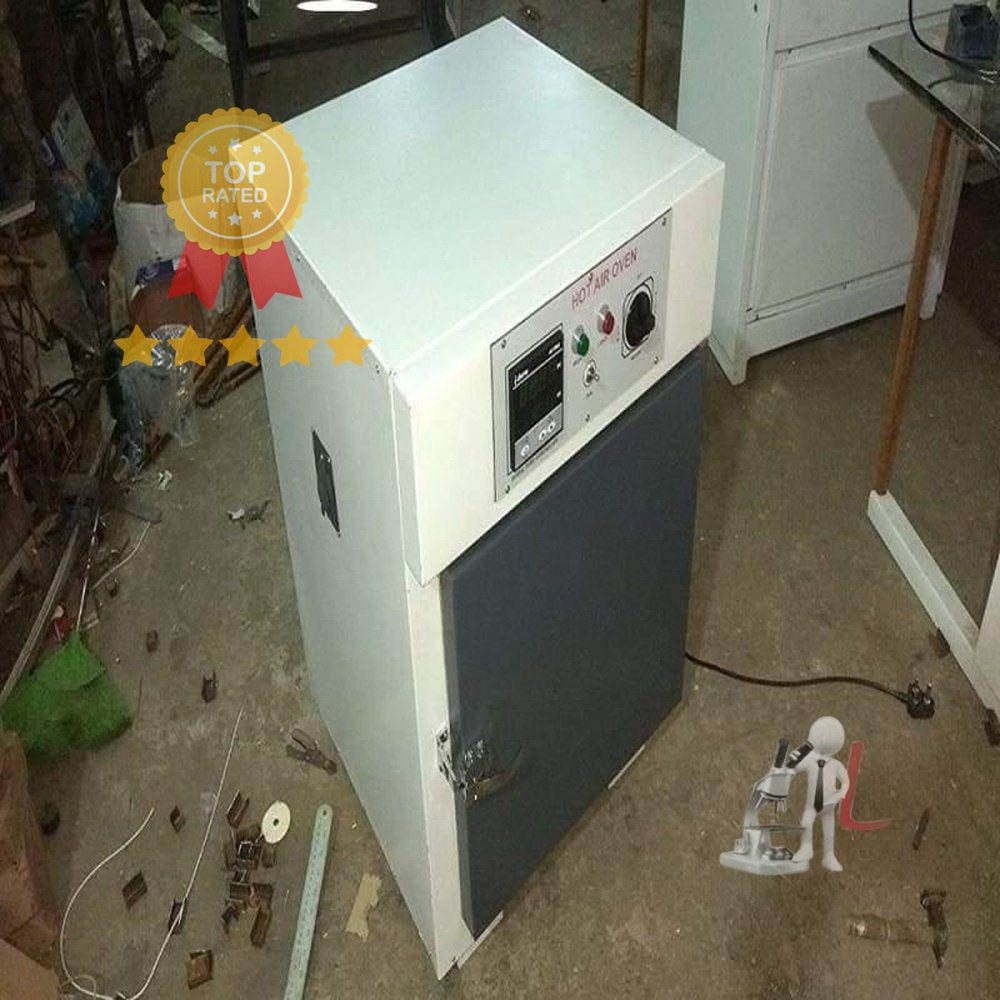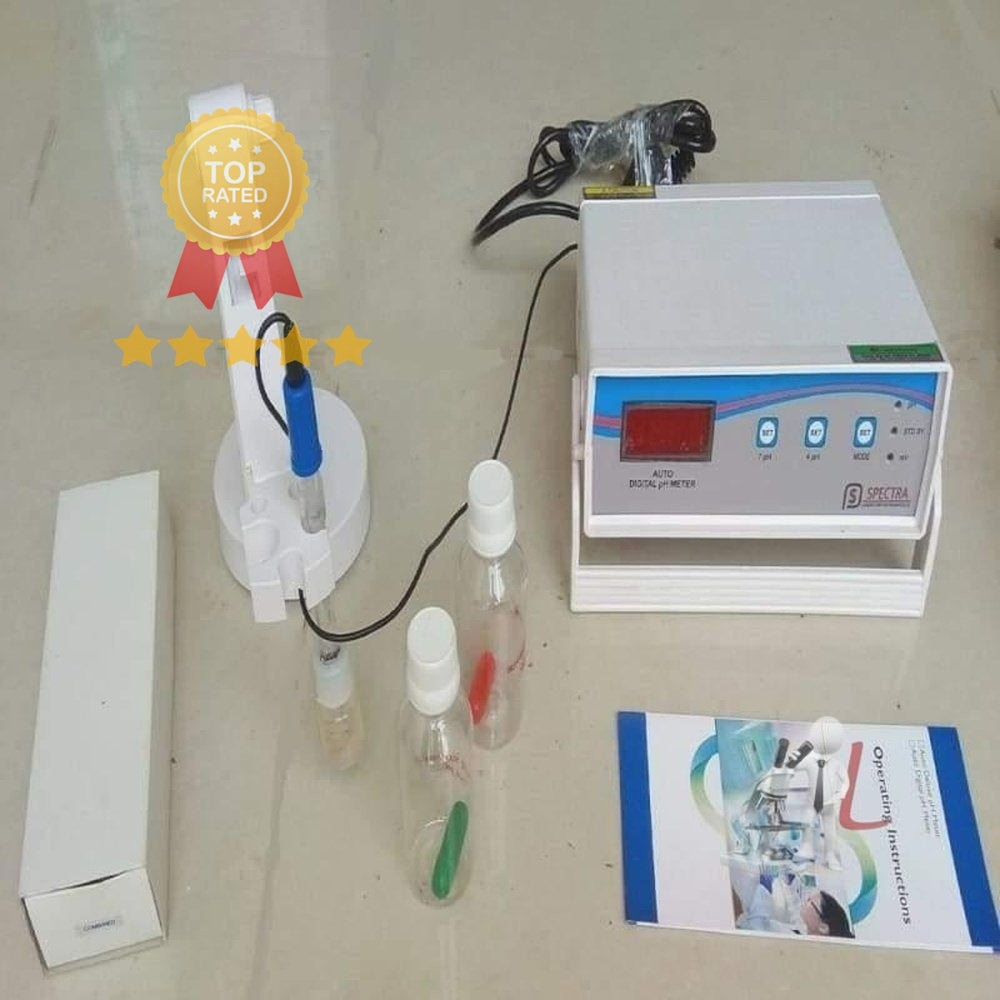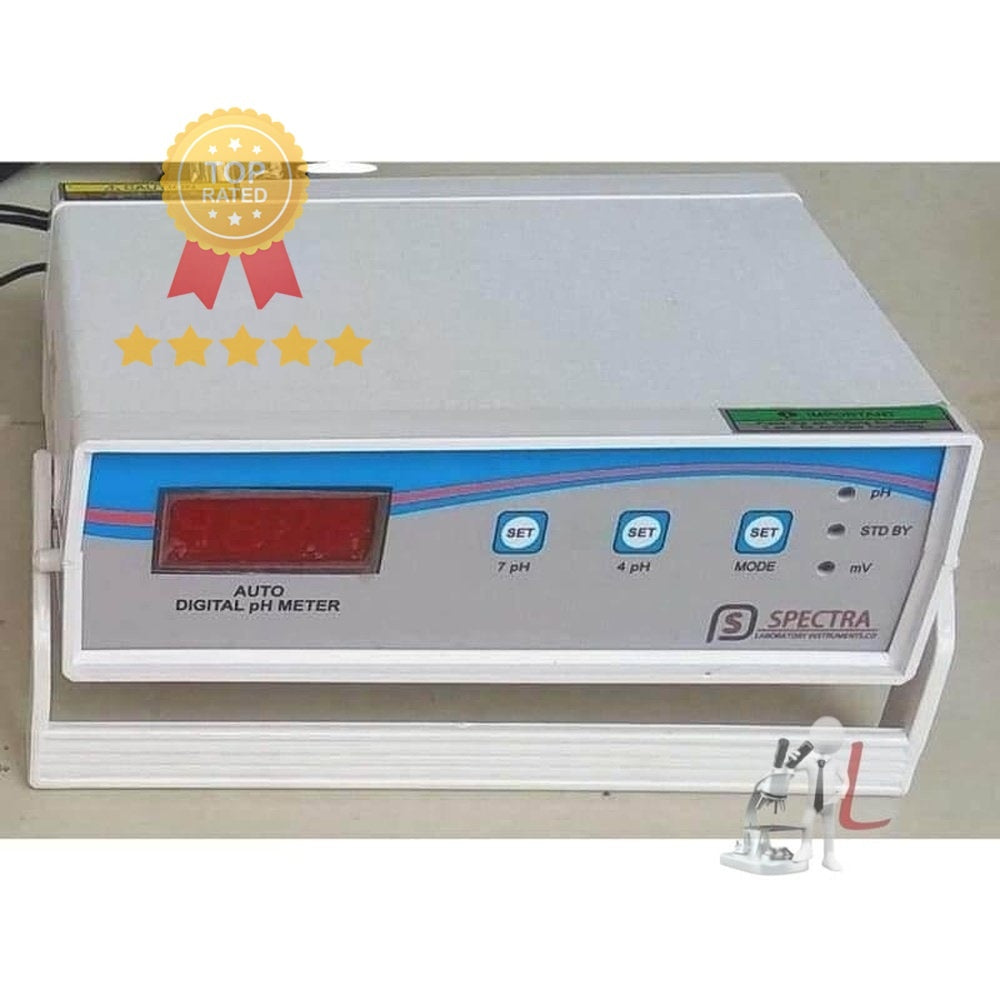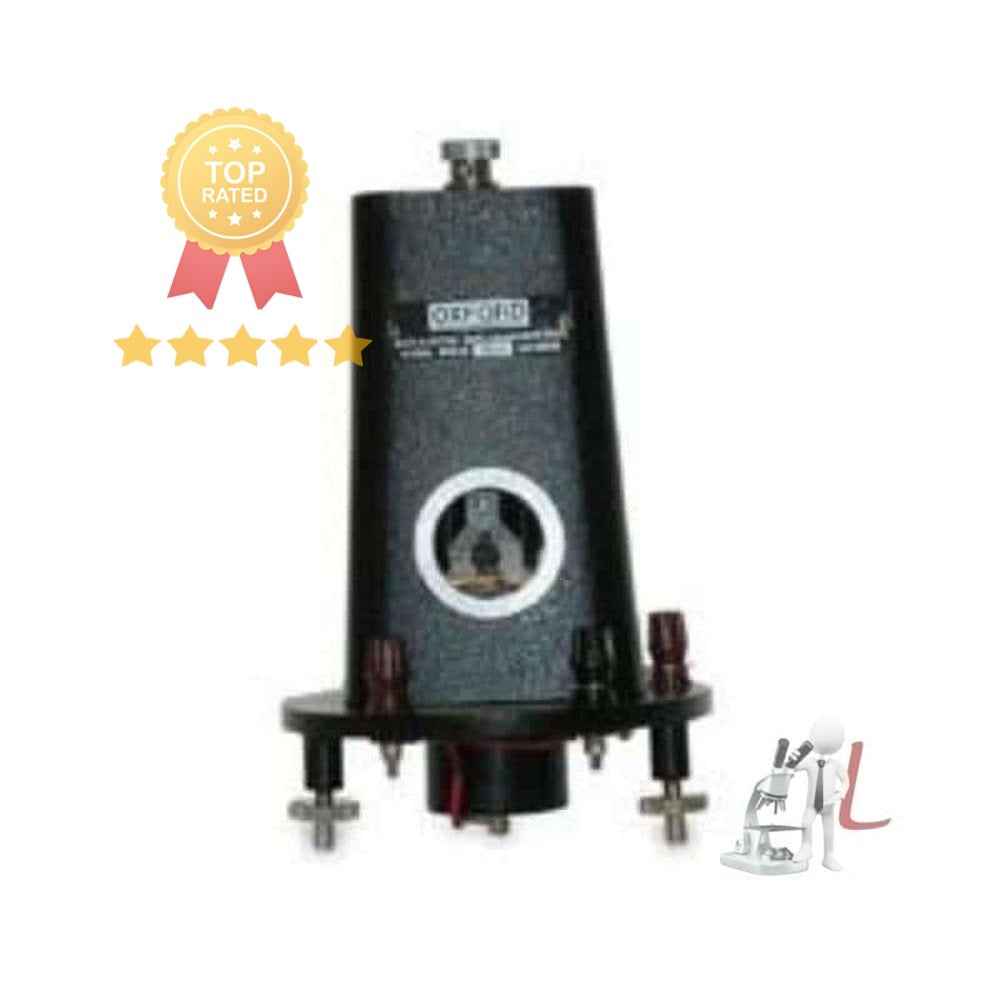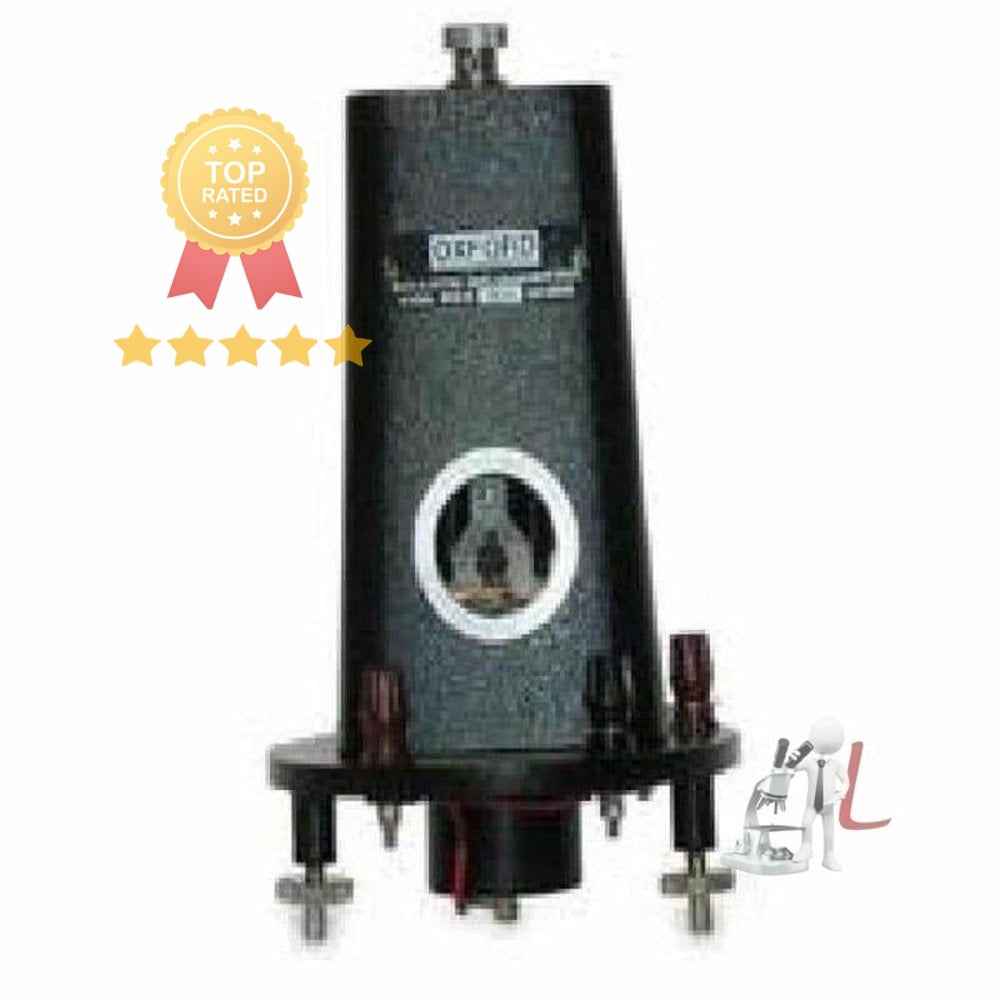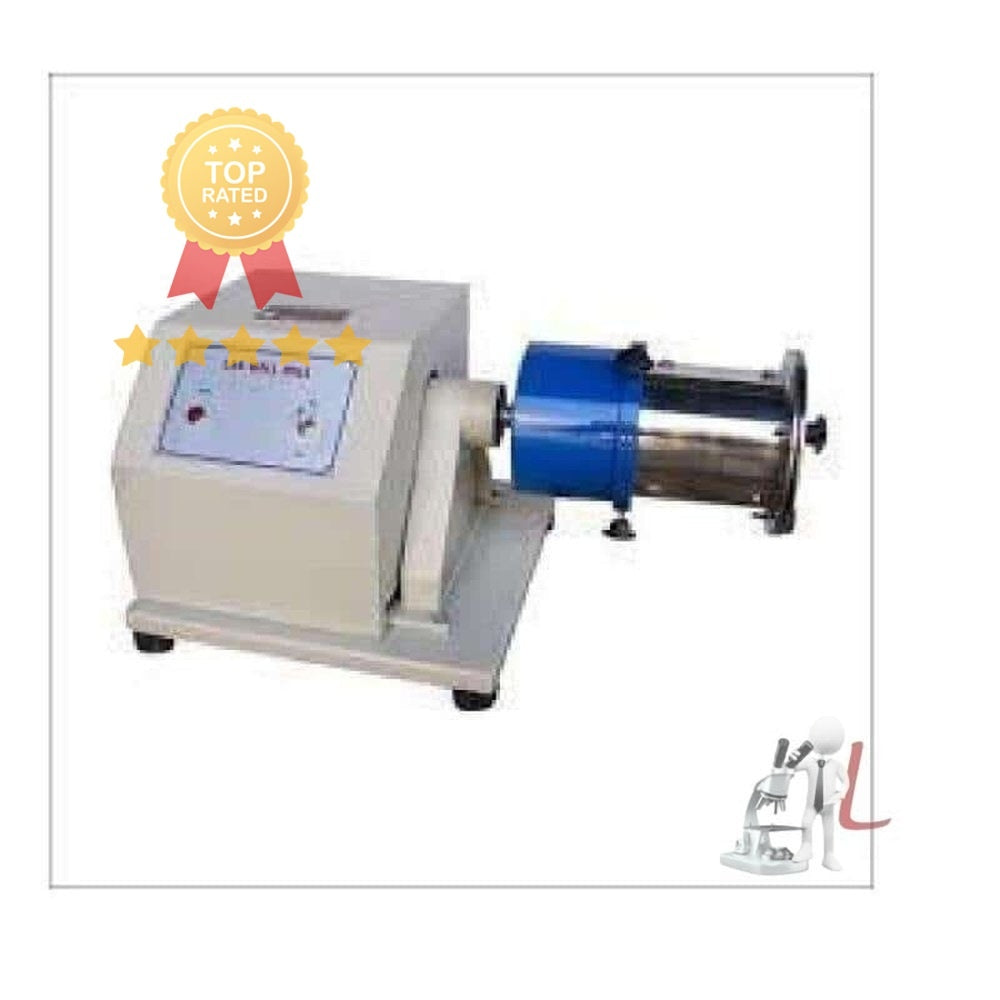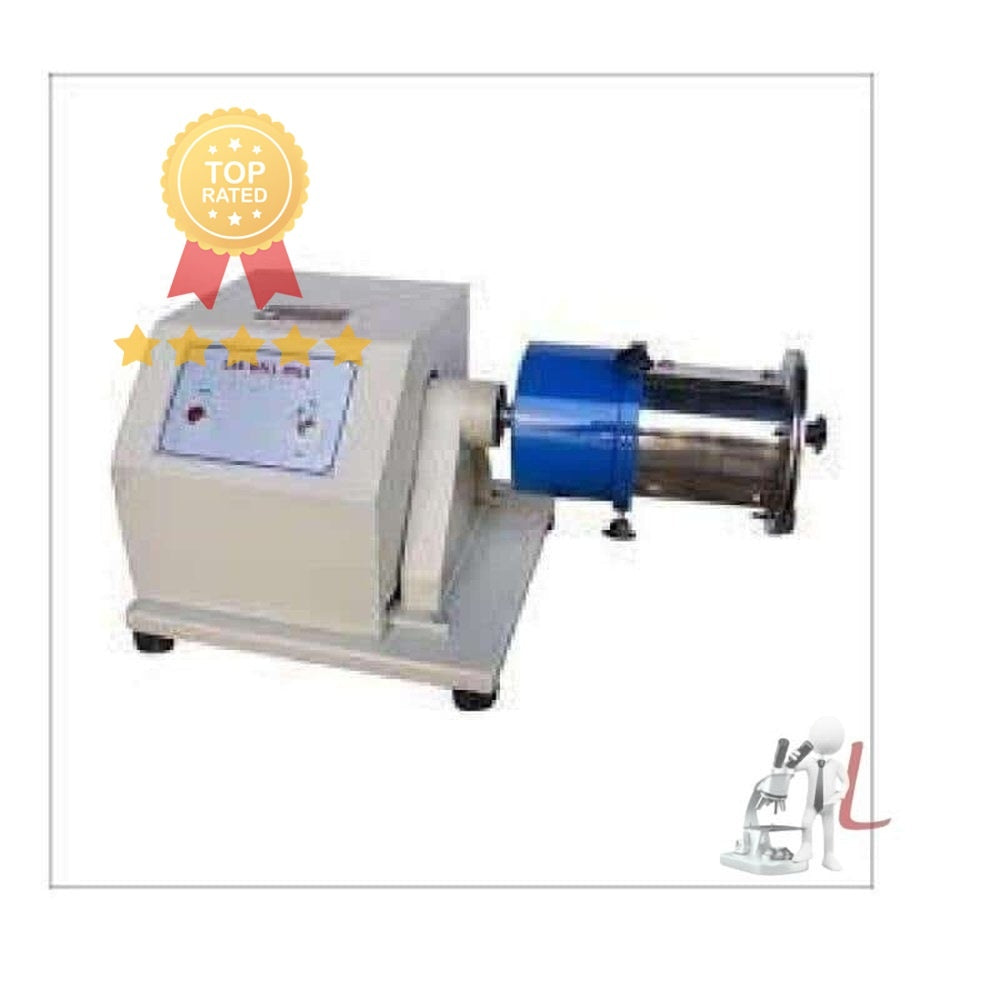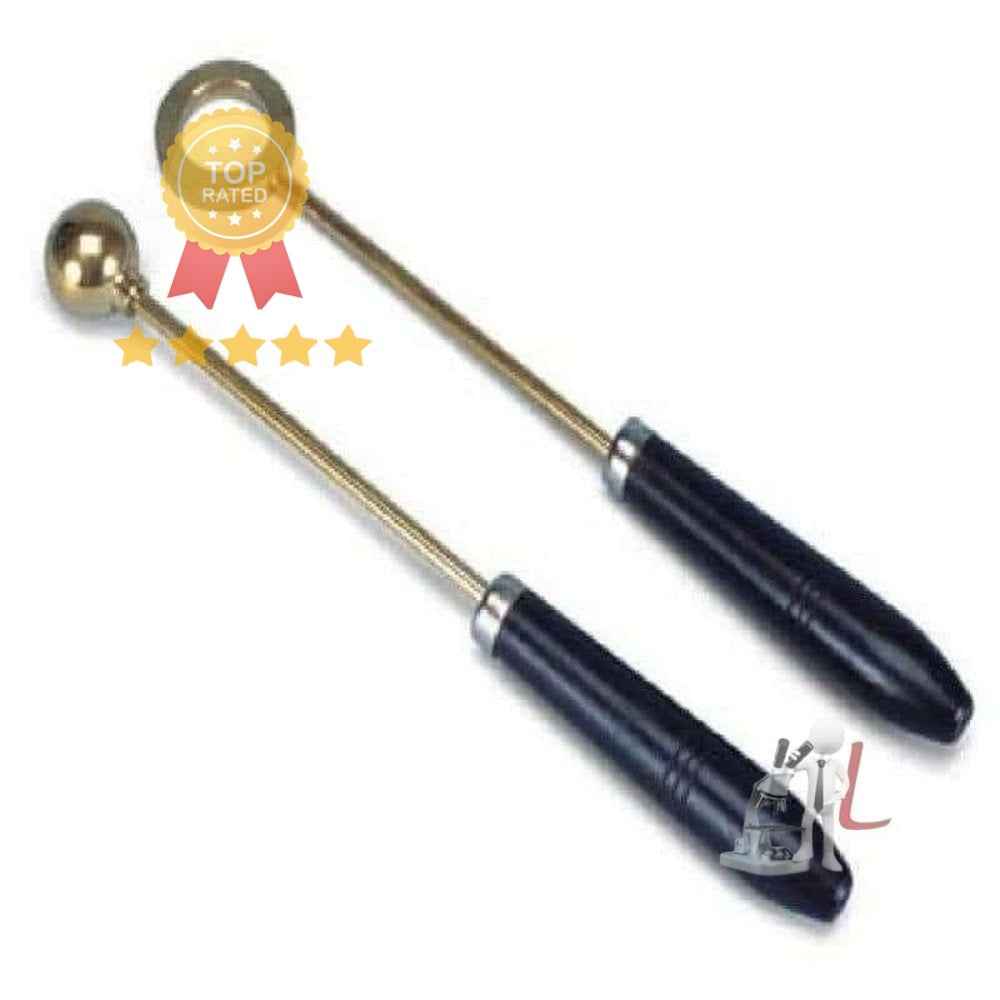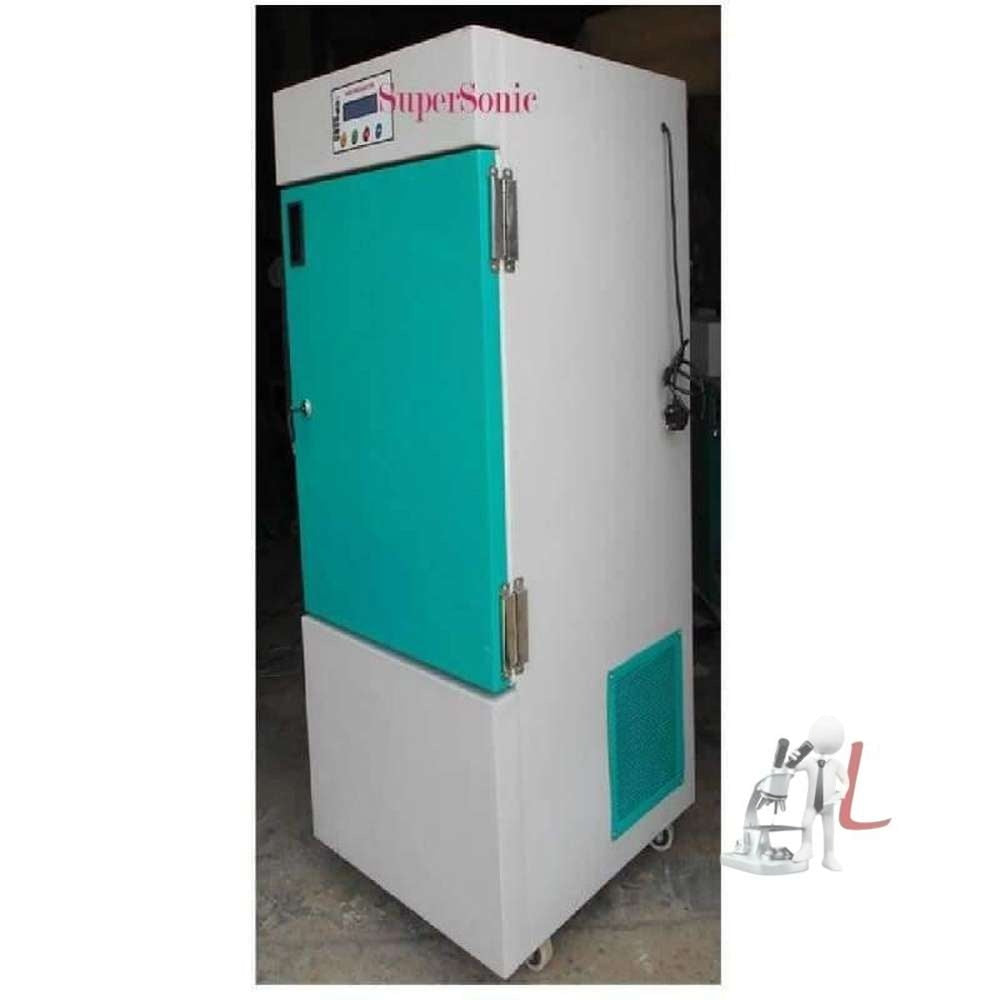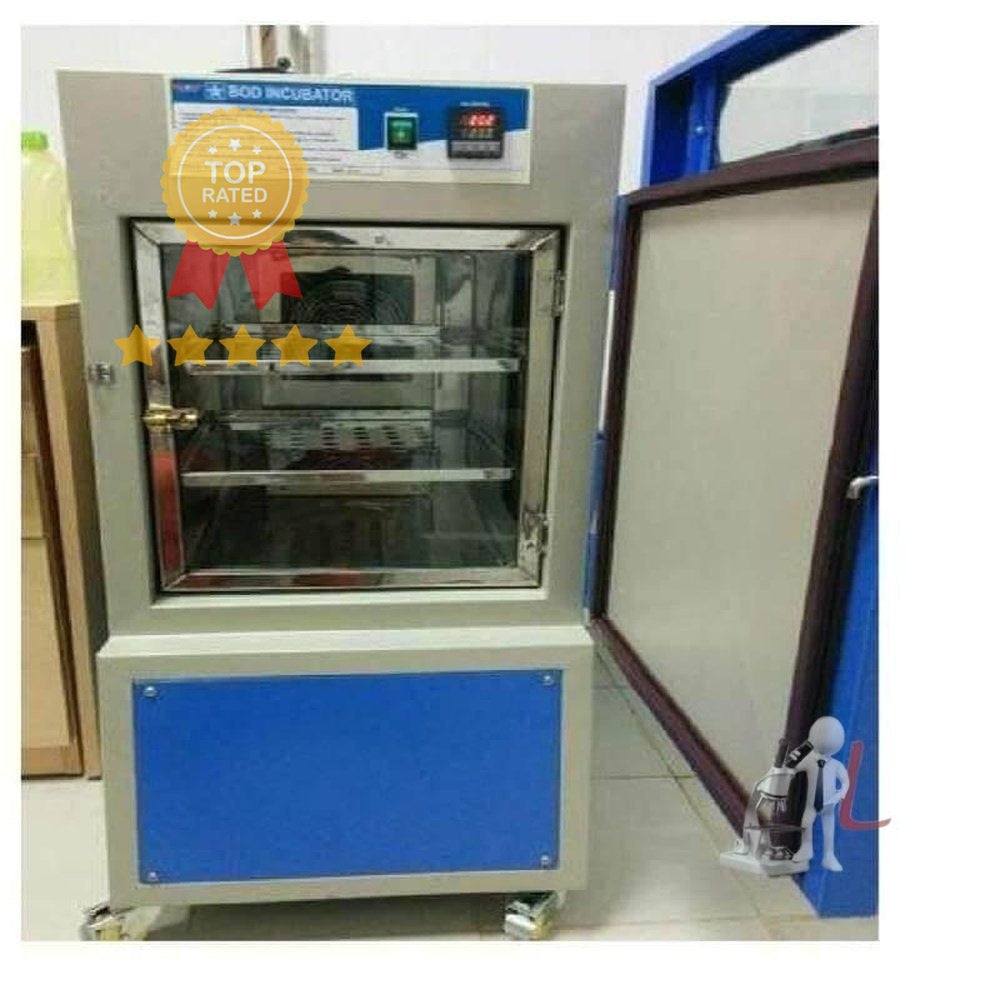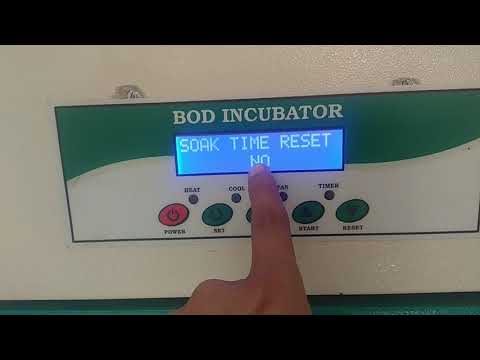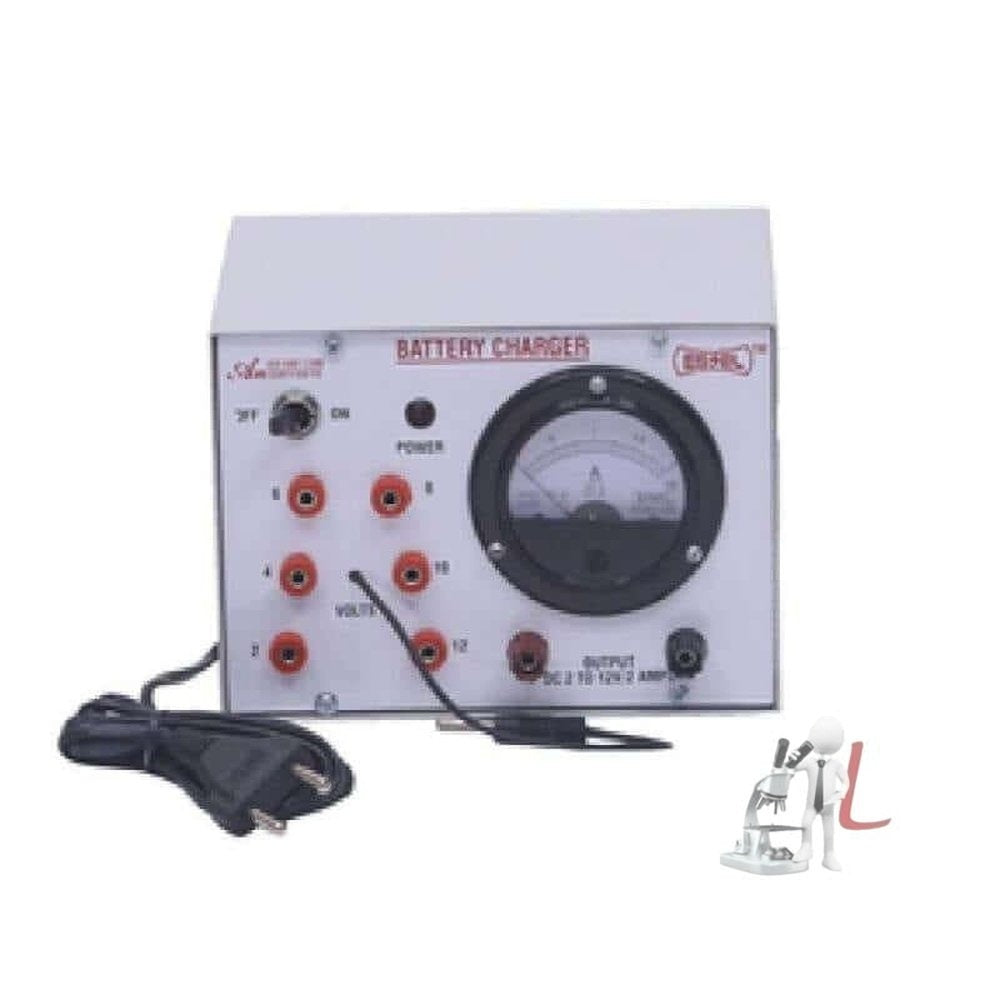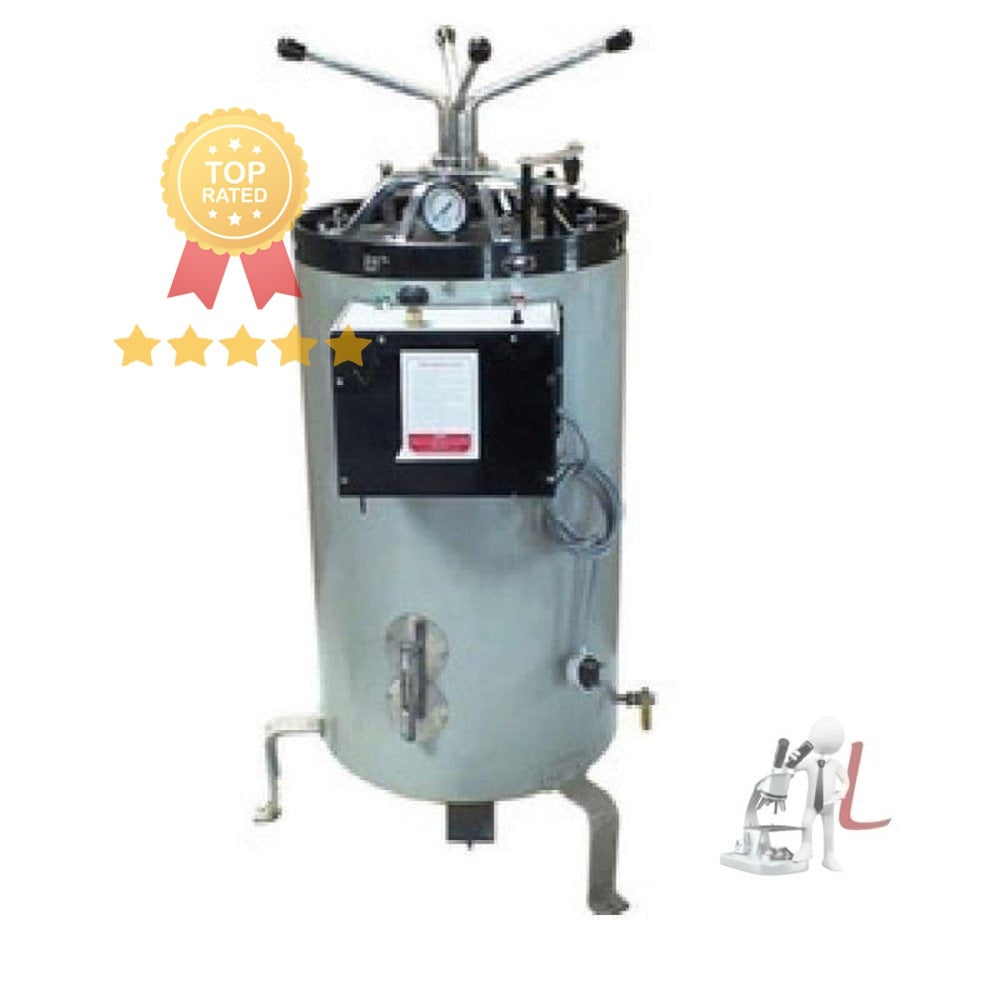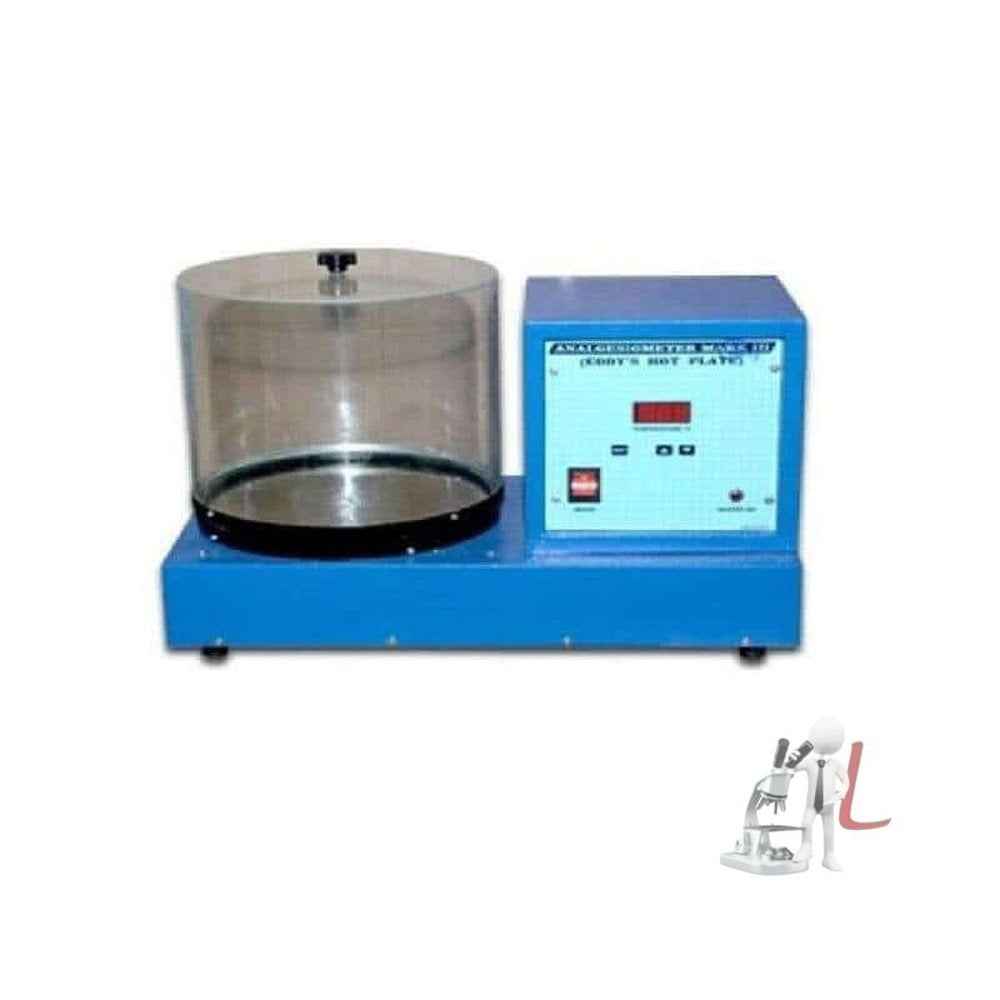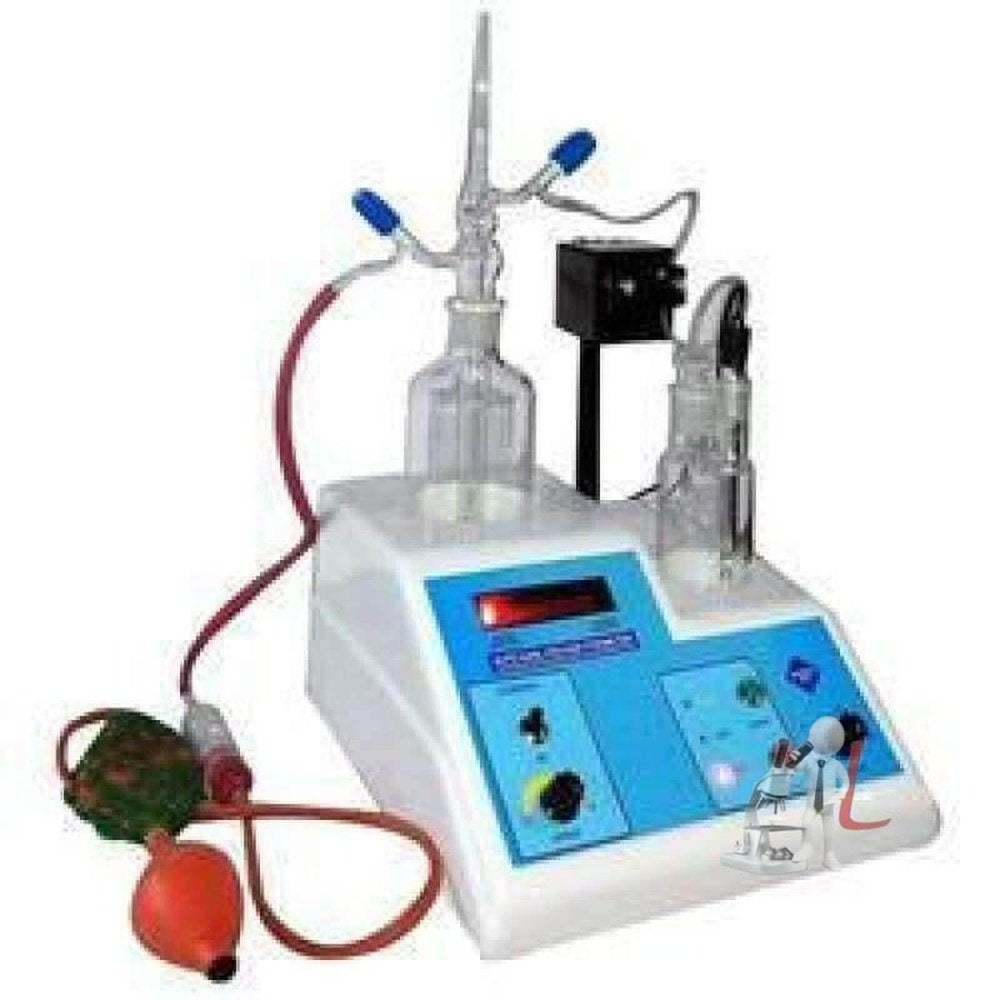Physics Lab Equipment
When it comes to conducting experiments, physics lab equipment is indispensable for understanding and applying the principles of physics in both educational and research settings. This collection of physical pharmacy physics lab equipment represents a comprehensive array of tools and apparatus that are essential for anyone pursuing studies in physics or related fields. From basic items like rulers and protractors to sophisticated machines like oscilloscopes and spectrometers, the diversity of equipment allows for a wide range of experimental setups and investigations.
The bedrock of any physics laboratory is its basic measuring instruments, which include various types of scales and balances. Accurate measurements are crucial for experiments, and having reliable physics lab equipment can significantly influence the results. Furthermore, measuring devices such as multimeters, which can test voltage, current, and resistance, allow students and researchers to delve deeply into electrical concepts.
Another vital aspect of physics is the study of motion, which can be explored through the use of dynamics track systems. These setups enable the examination of velocity, acceleration, and the fundamental laws of motion in a systematic way. Complementing these systems, force sensors and motion detectors offer precise data collection opportunities, helping students analyze their findings effectively.
Thermodynamics, a branch of physics that deals with heat and temperature, is often explored with equipment like calorimeters and temperature sensors. These tools help illustrate concepts such as heat transfer, phase changes, and the behavior of gases under varying conditions. Understanding thermodynamics is crucial in many applications, particularly in the fields of chemistry and engineering.
Light and optics form another critical area of study within physics. Physics lab equipment such as lasers, lenses, prisms, and diffraction gratings are used to demonstrate principles like reflection, refraction, and diffraction of light. Experiments can range from simple demonstrations to complex setups aimed at illustrating the wave-particle duality of light.
The exploration of wave phenomena is often conducted with oscilloscopes and wave simulators, which allow researchers to visualize waveforms and study harmonic motion. Being able to observe the behavior of waves has implications across various scientific disciplines, including acoustics and electromagnetism.
Moreover, the study of electromagnetism is enhanced by equipment like electromagnetic coils, inductors, and capacitors, which provide hands-on experience in understanding electric fields, magnetic fields, and their interactions. This equipment helps bridge the gap between theoretical concepts and real-world applications, making it crucial for anyone studying physics.
For experiments involving particle physics or nuclear physics, collectors of high-energy particles and detectors are often required. This equipment aids in the understanding of fundamental particles and forces, while also illustrating critical concepts like half-life and radioactive decay.
Fluid dynamics can be studied using various fluid mechanics apparatus, including manometers, water tunnels, and viscosity measurement tools. These are essential for students to learn about the behavior of fluids in motion and at rest, an area that has significant implications in engineering and environmental studies.
The integration of technology has transformed the way physics is taught and learned. Software simulations and digital interfaces for experiential learning enhance the function of traditional physics lab equipment. Virtual laboratories can replicate real-world physics experiments, making them accessible to students regardless of location.
Furthermore, safety equipment such as lab coats, goggles, and fume hoods are critical components of a well-equipped physics lab. Ensuring a safe working environment is paramount, as it allows students to fully engage with the material without the risk of injury. Proper safety protocols and the use of personal protective equipment should never be overlooked when handling any type of physics lab equipment.
Ultimately, this collection of physical pharmacy physics lab equipment aims to offer future physicists, educators, and researchers the tools they need to explore concepts thoroughly. Every piece of equipment serves a purpose and contributes to the vast understanding of physics as a discipline. Careful selection and use of physics lab equipment can lead to significant discoveries, innovations, and a deeper appreciation of the natural world.
In conclusion, the diversity and functionality of physics lab equipment are vital for effective education and research in physics. As students experiment with these tools, they not only learn about the principles of physics but also cultivate critical thinking and problem-solving skills that will benefit them in future endeavors. Building a robust foundation with quality physics lab equipment sets the stage for lifelong learning and exploration in the fascinating world of physics.
Filter
Sort by

